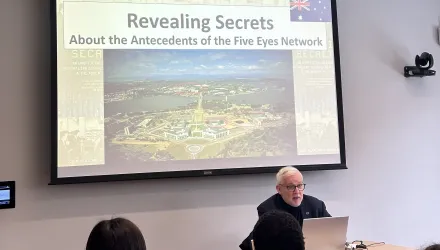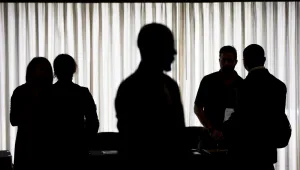
Ethics will become an increasingly important issue for working-level and senior U.S. national security and intelligence practitioners. Despite a striking record of real or alleged ethical lapses since 9/11 and before, the Intelligence Community (IC) does not appear to have made a deliberate effort to advance the ethical practice and reflection of its workforce to improve professionalism. This situation arguably leads to an IC that is at least incrementally less effective at its missions, and more prone to unwanted errors. The emerging and future threat environment for the United States may be less forgiving of such consequences, implying that now is the time to advance IC ethics professionalization. For IC adaptability to the present and future, improving ethical practice is an important as it is under-appreciated.
This paper provides a framework for a program to advance IC ethics professionalization, to better serve the national interest, avoid ethical lapses or moral pitfalls, and strengthen US national security and the Intelligence Community against the risk of politicization. The program would serve as catalyst for national security intelligence officials to better perceive, reflect on, make judgments about, and potentially act on ethical lapses in the midst, in adjacent units, or higher in the chain of command. The program would provide a means for officials to deliberate on real or hypothetical ethical dilemmas, both as individuals or in groups.
Odell, Robert. “Intelligence Community Ethical Practice.” Belfer Center for Science and International Affairs, Harvard Kennedy School, June 2023



